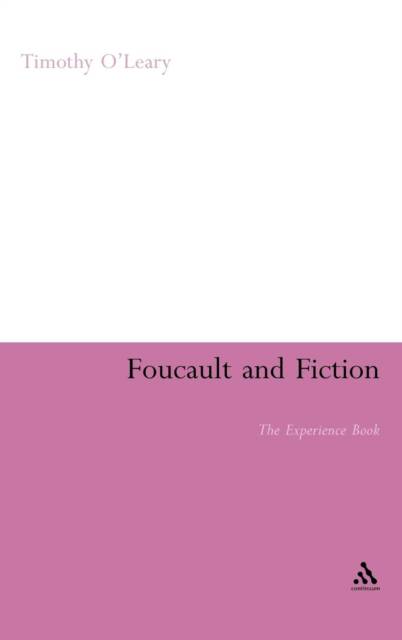
Bedankt voor het vertrouwen het afgelopen jaar! Om jou te bedanken bieden we GRATIS verzending (in België) aan op alles gedurende de hele maand januari.
- Afhalen na 1 uur in een winkel met voorraad
- In januari gratis thuislevering in België
- Ruim aanbod met 7 miljoen producten
Bedankt voor het vertrouwen het afgelopen jaar! Om jou te bedanken bieden we GRATIS verzending (in België) aan op alles gedurende de hele maand januari.
- Afhalen na 1 uur in een winkel met voorraad
- In januari gratis thuislevering in België
- Ruim aanbod met 7 miljoen producten
Zoeken
Omschrijving
This monograph offers a new interpretation of Melville's work (focusing on "Moby-Dick", "Pierre" and "Benito Cereno") in the light of scholarship on globalization from critics in 'new' American studies. In "Melville, Mapping and Globalization", Robert Tally argues that Melville does not belong in the tradition of the American Renaissance, but rather creates a baroque literary cartography, artistically engaging with spaces beyond the national model. At a time of intense national consolidation and cultural centralization, Melville discovered the postnational forces of an emerging world system, a system that has become our own in the era of globalization. Drawing on the work of a range of literary and social critics (including Deleuze, Foucault, Jameson, and Moretti), Tally argues that Melville's distinct literary form enabled his critique of the dominant national narrative of his own time and proleptically undermined the national literary tradition of American Studies a century later. Melville's hypercanonical status in the United States makes his work all the more crucial for understanding the role of literature in a post-American epoch. Offering bold new interpretations and theoretical juxtapositions, Tally presents a postnational Melville, well suited to establishing new approaches to American and world literature in the twenty-first century.
Specificaties
Betrokkenen
- Auteur(s):
- Uitgeverij:
Inhoud
- Aantal bladzijden:
- 192
- Taal:
- Engels
- Reeks:
Eigenschappen
- Productcode (EAN):
- 9780826495952
- Verschijningsdatum:
- 27/10/2009
- Uitvoering:
- Hardcover
- Formaat:
- Genaaid
- Afmetingen:
- 163 mm x 236 mm
- Gewicht:
- 430 g

Alleen bij Standaard Boekhandel
+ 678 punten op je klantenkaart van Standaard Boekhandel
Beoordelingen
We publiceren alleen reviews die voldoen aan de voorwaarden voor reviews. Bekijk onze voorwaarden voor reviews.









